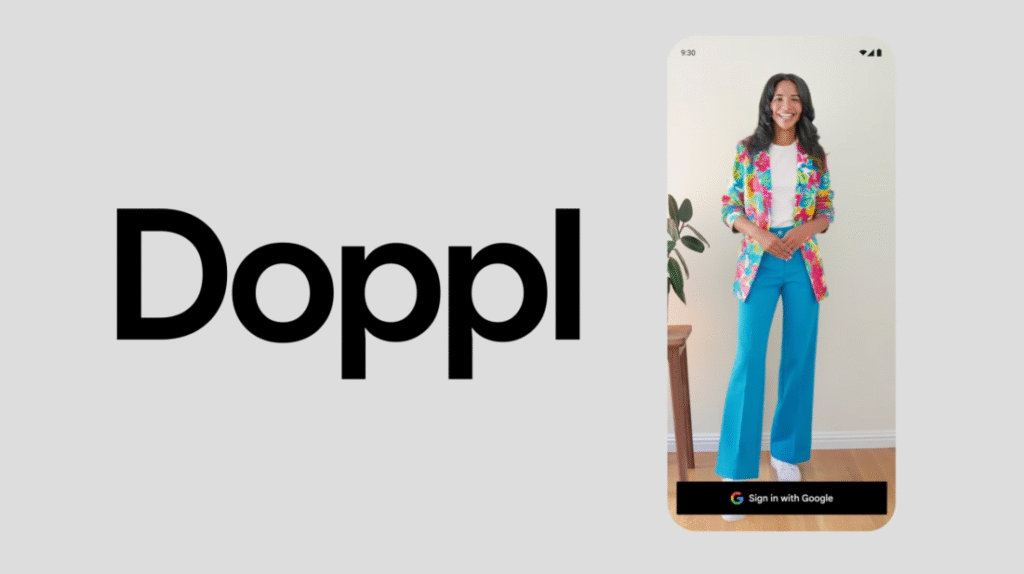Meta’s AI Talent Grab: Four More OpenAI Researchers Jump Ship
Meta has reportedly continued its aggressive recruitment spree by hiring four more senior researchers from OpenAI—Shengjia Zhao, Jiahui Yu, Shuchao Bi, and Hongyu Ren—to bolster its new “superintelligence” lab, according to The Information and Reuters. The move follows the earlier defections of Trapit Bansal and three researchers from OpenAI’s Zurich team, signaling Zuckerberg’s determination to accelerate Meta’s AI ambitions amid underwhelming performance from its latest Llama 4 model.

These hires come as part of Meta’s broader strategy to close the gap in the AI race by attracting top-tier talent with compensation packages reportedly spanning multimillion-dollar totals—though not straightforward $100 million signing bonuses, as OpenAI CEO Sam Altman claimed. Meta CTO Andrew Bosworth later clarified in an internal meeting that such offers are tied to multiyear stock grants and leadership roles, not lump-sum payouts. Still, the move escalates the ongoing battle for elite AI researchers and underscores Meta’s pivot toward building its own frontier AI capabilities.
Congress Eyes Decade‑Long Freeze on State AI Laws with Big Consequences
Congress is currently debating a provision in the “One Big Beautiful Bill” that would block states from enacting or enforcing any AI-specific laws for a full 10 years. Initially introduced by House Republicans and championed by figures like Brett Guthrie and Ted Cruz, the measure is meant to avoid a fragmented patchwork of AI regulations across the country. To enforce this, states pursuing their own AI laws could be penalized by losing access to federal funding, particularly broadband infrastructure programs.

Supporters argue the moratorium is necessary for a unified national strategy and to keep the U.S. competitive with countries like China. Tech companies have also backed the move, citing the burden of managing state-by-state compliance. However, critics warn it would create a regulatory vacuum just as AI systems are rapidly expanding into public life. Over 260 state legislators, attorneys general, and civil rights groups have spoken out against the proposal, saying it undermines state authority and endangers consumer protections. The provision has already been rewritten to survive budget reconciliation rules, making it harder to remove without a political fight. With a Senate vote expected before July 4, internal Republican divisions and growing public backlash could still derail it. Ultimately, the battle reflects deeper tensions about who should control the future of AI policy in America—federal agencies or the states.
Germany Orders Apple and Google to Pull Chinese AI App DeepSeek Over Data Privacy Risks
Germany has officially demanded that Apple and Google remove the Chinese AI chatbot app DeepSeek from their respective app stores in the country. The country’s data protection commissioner, Meike Kamp, stated that the app violates European data privacy rules, particularly the General Data Protection Regulation (GDPR). According to Kamp, DeepSeek transfers German user data to servers in China without offering adequate safeguards, potentially exposing it to access by Chinese authorities.

The directive comes after months of rising concern over DeepSeek’s data handling practices. Despite being warned in May to either ensure compliance with EU privacy standards or withdraw voluntarily, the developers behind DeepSeek took no action. As a result, Germany has escalated the matter, citing the app’s failure to guarantee protections equivalent to those required under EU law. Germany’s move follows similar regulatory actions from other European nations such as Italy and the Netherlands, who have either banned or restricted the app’s usage over privacy and security concerns. The case against DeepSeek is seen as a broader pushback against foreign AI tools that may compromise sensitive user data. It also reflects increasing global scrutiny over how generative AI platforms manage personal information.
Google Launches Doppl, an AI App That Lets You Try On Clothes Virtually
Google has unveiled Doppl, a new experimental app that uses generative AI to let users visualize how clothing items might look and move on their own bodies. By uploading a full-length photo, users can generate a dynamic, animated avatar of themselves and try on outfits by simply importing images or screenshots of clothes from online stores, social media, or even photos taken in real life. The app then produces a short video showing how the outfit would look in motion, offering a more immersive and personalized shopping experience than static images.

Although Doppl is still in its early stages, and some rendering glitches or texture inconsistencies may occur, it marks a significant step toward the future of virtual fashion and AI-assisted styling. Google aims for the app to enhance online shopping by helping users make more confident decisions, potentially reducing returns and increasing engagement. The tool is also positioned as a fun, exploratory platform for fashion enthusiasts to experiment with new looks without needing a fitting room or physical store.
